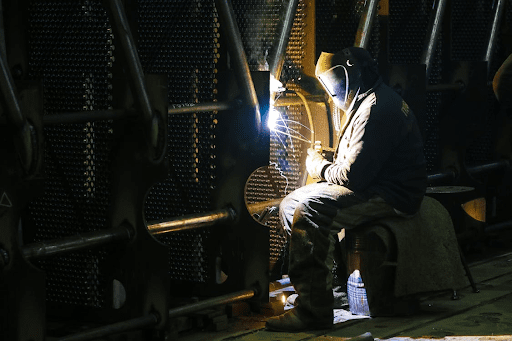In today’s fast-paced business environment, efficient waste management is more than a matter of compliance—it is central to operational efficiency, sustainability, and cost control. With the increasing volume of packaging materials and recyclable waste generated by companies of all sizes, the role of industrial balers has become pivotal. These machines compress waste into manageable bales, streamlining recycling processes and reducing storage needs. However, to ensure peak performance and avoid costly disruptions, regular attention to baler maintenance and service is absolutely crucial.
Modern organizations rely on their balers for daily operations, whether in retail, logistics, manufacturing, or distribution centers. A malfunctioning baler can quickly become a bottleneck, leading to delays, increased labor costs, and even safety hazards. For this reason, many businesses are recognizing the importance of proactive baler service as a strategic investment rather than an afterthought.
The critical role of balers in waste management
Balers perform a simple yet vital task: they compact recyclable materials such as cardboard, plastic, and paper into dense, stackable bales. This process reduces the volume of waste, minimizes transportation costs, and makes recycling efforts more efficient. As sustainability targets become more ambitious and regulations tighten, companies must optimize every aspect of their waste handling procedures.
A well-maintained baler directly contributes to these goals by maximizing uptime, ensuring consistent bale quality, and reducing the risk of malfunction. Conversely, neglecting regular baler service can result in frequent breakdowns, inefficient compaction, and even potential workplace accidents. For businesses operating at scale, these issues can quickly escalate into significant operational setbacks.
Key benefits of regular baler service
Preventive maintenance and timely repairs are the backbone of any effective baler management strategy. By scheduling regular inspections and servicing, businesses gain several advantages:
- Reduced downtime: Routine checks help identify worn parts or potential issues before they lead to machine failure, minimizing unplanned interruptions.
- Extended equipment lifespan: Consistent servicing protects the baler’s hydraulic systems, electrical components, and mechanical parts, postponing the need for costly replacements.
- Improved safety: Well-functioning balers lower the risk of accidents, protecting both workers and property.
- Optimized bale quality: Properly serviced machines produce uniform, compact bales that are easier to transport and recycle, enhancing operational efficiency.
These benefits translate into tangible savings and a smoother workflow, supporting a company’s broader sustainability and productivity objectives.
Choosing the right service provider
Finding a competent partner for baler maintenance is just as important as selecting the right baler model. A reliable service provider should offer comprehensive support, including emergency repairs, routine maintenance, and access to genuine replacement parts. Fast response times and experienced technicians can make the difference between a minor hiccup and a prolonged disruption.
Some companies choose to train in-house staff for basic maintenance tasks, but specialized repairs and diagnostics are best left to certified professionals. This ensures compliance with safety standards and preserves manufacturer warranties.
Technology’s impact on baler maintenance
Advancements in industrial technology are reshaping how businesses approach equipment maintenance. Modern balers often come equipped with sensors and monitoring systems that track machine health in real time. These innovations enable predictive maintenance, where potential issues are flagged before they escalate into breakdowns. Data-driven insights help operators schedule service more efficiently, reducing costs and maximizing machine availability.
Moreover, digital platforms now allow companies to track service histories, manage spare parts inventory, and coordinate with technicians seamlessly. This level of integration empowers organizations to maintain their balers with precision, further supporting sustainability and operational goals.
Looking ahead: Sustainability and operational resilience
As the pressure to adopt greener practices increases, businesses need robust waste management systems that can adapt and scale. Investing in regular baler service is a practical step toward building a more resilient and efficient operation. By prioritizing maintenance, companies not only protect their equipment investment but also support broader environmental objectives through improved recycling and reduced waste.
For organizations seeking to enhance their waste management strategies, the value of reliable baler service cannot be overstated. It ensures that critical equipment runs smoothly, safeguards workplace safety, and supports ongoing efforts to minimize environmental impact. In an era where operational agility and sustainability are paramount, proactive maintenance stands out as a simple yet powerful lever for success.





























